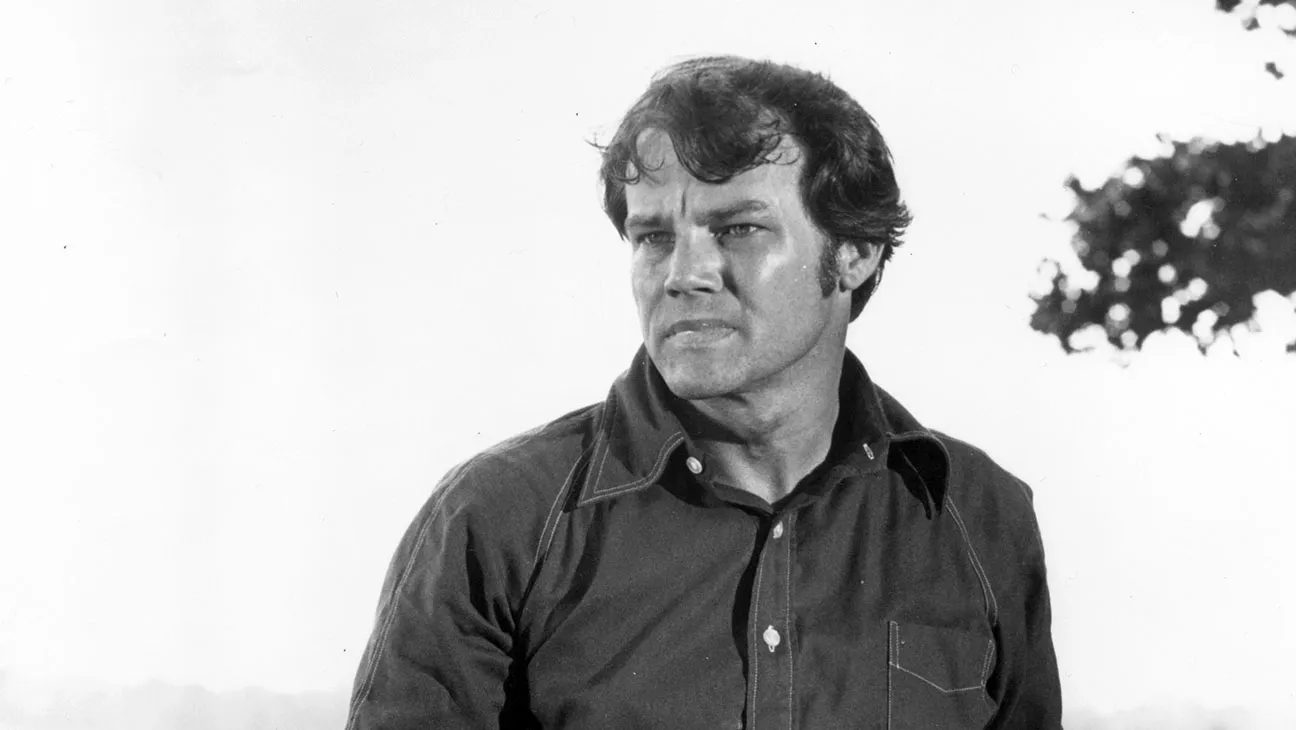Social Commentary with Bite: Women Laughing Alone With Salad serves up fresh, humorous take on shame and how marketing manipulates us all - Buffalo Rising
WOMEN LAUGHING ALONE WITH SALAD by Sheila Callaghan, directed by Andrea Gollhardt, starring Madeline Allard-Dugan as Tori, Alyssa Walsh-Morris as Sandy, Emily Yancey as Meredith, and Andrew J. Brown as Guy. 5/16 – 5/31 Thu-Sat at 7:30, extra matinee Sun 5/25 at 2:00. Produced by Post-Industrial Productions on the Alleyway Theatre mainstage. 716-852-2600 alleyway.com/partners/women-laughing-alone-with-salad
2 hours with one intermission
Sensitive / sexual content. No patrons under the age of 18 will be admitted.
Inspired by the advertising trend of picturing attractive women blissfully, if not actually eating, then at least posing with salads, playwright Sheila Callaghan introduces us to four characters. Guy is a somewhat aimless fellow in his 20s, who has three women in his life, each of whom deals with her own body issues, sometimes in the same way by eating salads (while pretending to love them more than any other food) and sometimes individually by engaging in specific behaviors that are literally and figuratively killing them. There’s Tori, the bulimic girlfriend who doesn’t stick up for her opinions; Meredith, the zaftig clubbing dancer, who seems aggressively uninhibited but then lies about her dress size and is horrified when told she has a rip in the back of her skirt; and Sandy, the drill sergeant mom, who is engaging in beauty regimens so extreme that they are eating her alive. In the second act, each actor assumes a different role in this play, which explores various themes, not least of which is the way modern marketing manipulates us through shame.
Comedians today mock drug ads that show people having unrealistic amounts of fun, much like past criticism of ads featuring thin, happy women eating salads to sell a variety of products. In her director’s notes, Andrea Gollhardt tells us that the inspiration for this play began with a Tumblr blog created by writer Edith Zimmerman in 2011, which compiled stock photos of women laughing while eating salad. Zimmerman’s blog aimed to highlight the absurd ways women are often portrayed in the media—smiling, passive, and picture-perfect.
The play opens cleverly with three women having lunch outdoors, over-enjoying their salads, when a man walks by and slowly, erotically, unwraps his burrito as the women begin to lust after this phallic imagery, wanting to put this carbohydrate-wrapped object in their mouths. And, with that, we’re off and running in this funny-not-funny play filled with over-the-top images and situations, most of which begin as observational skits that would work well on SNL, but then go one beat too far for broadcast television. Too far for TV, maybe, but not for Post Industrial Productions, whose mission is to “carve out a theatrical space for underserved audiences by offering affordable, captivating, and socially-relevant theatre that is fit to engage young adults.” You gotta love live theater, especially with both a content warning and a no admittance under 18 policy.
In this play, the lackadaisical Guy (well played with just the right amount of low energy by Andrew J. Brown) isn’t happy with how the women in his life are manipulated by societal expectations and marketing, but doesn’t do anything about it. In fact, by setting up a three-way, he ends up watching in shock at the intersection of food, sex, and rage. Guy is not an intentional guy. And then, by Act II, merely through inaction or inertia on his part, he’s gone over to the dark side… marketing!


While Act I did feel as if it went on a bit longer than necessary, Act II was worth the wait. Now, it’s six years later and Alyssa Walsh-Morris, who had played Guy’s mother in Act I, is now playing a slightly older version of Guy, who’s now the leader of a two-person creative team in a marketing agency. Oh, how far from the path Guy has strayed. And the second I realized that Morris was now playing the role of her Act I son, I sat up and thought “Oh, this is too good. This is too rich.” And she was good. As I said, Act II was worth the wait.
It turns out that Guy’s team is designing a new ad campaign for a mood-enhancing prescription drug called “Effervatol.” This campaign is intended to be different by being less guilt- and shame-inducing and more aspirational, in line with what market research indicates Millennials want. It’s obvious that the drug is still being marketed primarily to women and that the images are still primarily of women laughing alone with salad. Guy’s team consists of two “bro” stereotypes hilariously played as young men with their own anxieties by Madeline Allard-Dugan, who in Act I had been Tori, the bulimic girlfriend with bad breath, and Emily Yancey, who in Act I had been the plus-sized girl who danced so enthusiastically at the club. Just as with Morris, Allard-Dugan and Yancey let ‘er rip.
These young dudes each exhibit self-doubt similar to the women they had played in Act I. And the kicker in all this is that the head of the entire marketing department is a strong, successful woman, played very very convincingly in drag by Brown (the laid-back “Guy” in Act I).
At this point let me give praise to the director Andrea Gollhardt for having Brown play the role “straight” without affected speech or body language. Very well done. The two “bros” are somewhat stereotypical, but, hey, it’s all in fun and does lighten the show up a lot.
Gollhardt continues in her Director’s Note: “We’re constantly pushed to buy things that promise relief from the shame and inadequacy we feel when we don’t measure up to idealized images.” And so while watching this play, it might be easy to tell ourselves that sure, other people might succumb to these pushes. But aren’t we all just as complicit? As Gollhardt writes: “This pressure [to measure up] has only intensified in the age of smartphones and algorithm-driven social media. Comparison is constant. We’re not just consuming these messages—we’re creating them, curating our lives to look flawless online.” Sad but true.


This play, however, is true but not sad. It’s actually quite funny, although as I’ve mentioned, playwright Callaghan does push things. FYI, she was also a writer for Showtime’s “Shameless” and Hulu’s “Casual,” so that might indicate her style of writing if you watched either of those series.
This sometimes raunchy, sometimes off-beat production may not appeal to all tastes. However, I’d say that if you’re in your 20s, 30s, or early 40s, this production offers a different experience. It does have some minor imperfections, but if the themes resonate with you, then I’d say that you should definitely attend!
Lead image: L-R Allard-Dugan, Walsh-Morris, Yancey enjoy lunch outdoors













